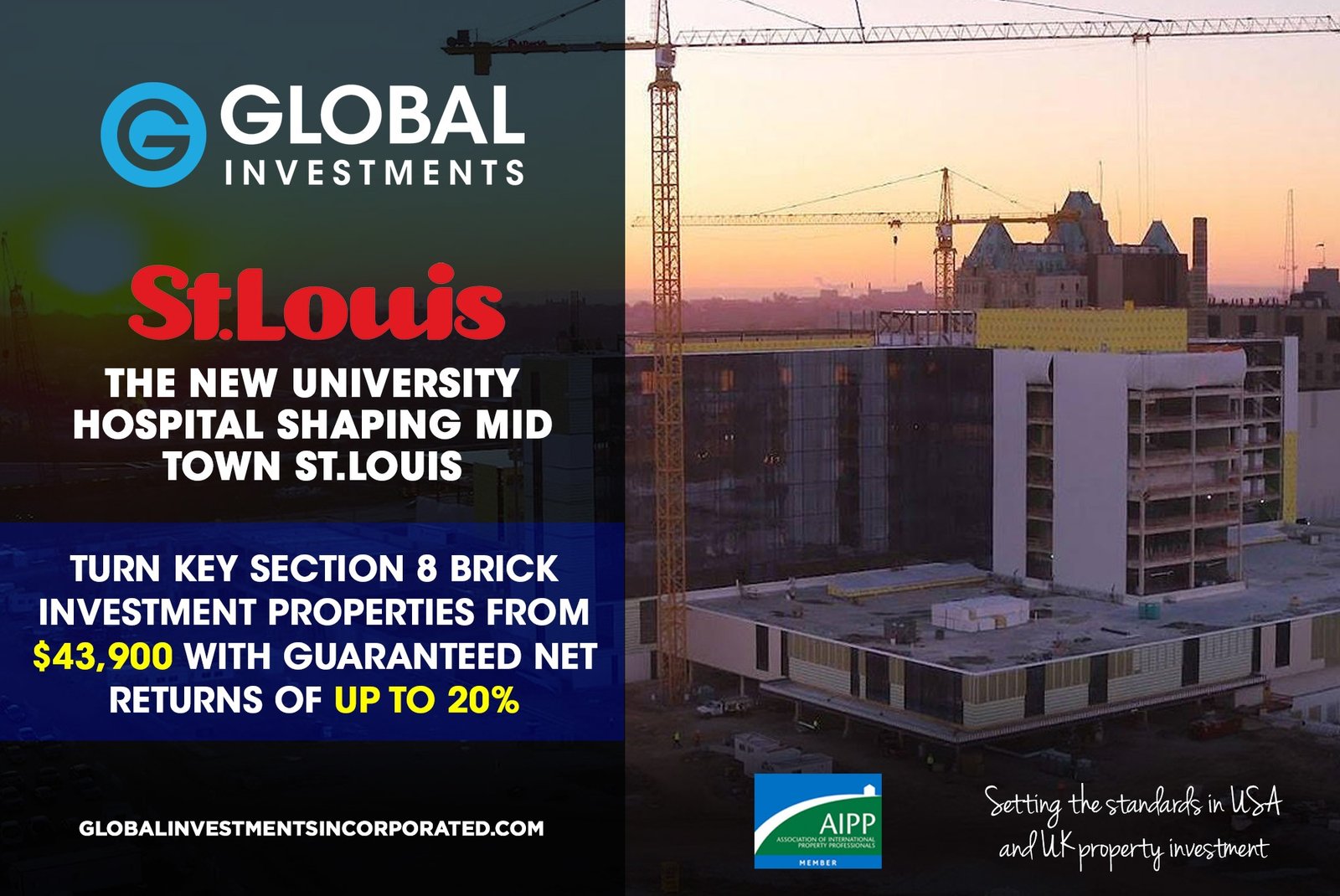
Milwaukee, Why is this city attracting investors in 2020 ?
Growing demand and low supply have caused Property prices to surge to historical highs in Milwaukee and the entire state of Wisconsin. Rising rental prices are also making it difficult for renters to buy a home, creating a potential win-win for real estate investors over both the short- and long-term. Located along the western shore of Lake Michigan, Milwaukee is the largest city in Wisconsin and less than a two-hour drive from Chicago. A large number of German immigrants arrived in the early 1800s, helping to put Milwaukee on the map with its beer brewing traditions and earning the nickname “Brew City.” If you visit Milwaukee you must try some of the local craft beers on offer. Key Population Stats: The City of Milwaukee has a population of nearly 600,000 and there are about 1.6 million residents in the Milwaukee metropolitan area. Milwaukee is the third-most densely populated metro area in the Midwest, just behind Chicago and Detroit. Since 2010 the population of metro Milwaukee has grown by 1.3%, according to a recent report from WPR. Local real estate agents note that regardless of a minor population loss or gain, they’re seeing multiple offers on Milwaukee homes, including properties not even listed. Milwaukee ranks among the top 17 “Rust Belt” cities for economic recovery since the financial crisis. In fact, the metro area ranks seventh for both population growth and unemployment reduction. Incomes have grown by nearly 5% over the past decade, while unemployment has fallen by nearly 29%. Key Employment Stats: GDP of Milwaukee is nearly $92 billion, an increase of more than 8% over the past decade. Job growth in Milwaukee was 0.7% in 2018, with unemployment just 3.3%. Cost of living in Milwaukee is 3% below the national average, according to Forbes. Industry sectors in Milwaukee showing the biggest job gains include services, education and healthcare, and trade and transportation, according to the Metropolitan Milwaukee Association of Commerce (MMAC). Fortune 500 companies located in Milwaukee are Johnson Controls, Northwestern Mutual, the world’s third-largest staffing firm ManpowerGroup, Rockwell Automation, Harley-Davidson, and mining equipment manufacturing firm Joy Global. Major companies in Milwaukee and the metropolitan area include Briggs & Stratton, Alliance Federated Energy, Wisconsin Energy, residential and commercial water heater manufacturer A.O. Smith, Master Lock, and GE Healthcare Diagnostic Imaging and Clinical Systems. Colleges and universities in the Milwaukee area include Marquette University, Mount Mary University, University of Wisconsin – Milwaukee, and the Medical College of Wisconsin. Health care facilities in Milwaukee include St. Luke’s Medical Center, The Wisconsin Heart Hospital, and Ronald McDonald House. The Port of Milwaukee is a global trade hub handling 2.3 million metric tons of cargo each year and serving southeastern Wisconsin, southeastern Minnesota, and northern Illinois. Freight rail providers Union Pacific Railway and Canadian Pacific Railway operate out of the Port. Passenger traffic at Mitchell International Airport in Milwaukee (MKE) exceeded seven million travellers last year, while freight cargo shipments at MKE grew by more than 3% to 84,000 tons Real Estate Market Key Market Stats: Median home value in Milwaukee is $124,100 ( as of Oct. 2019). Home values in Milwaukee have increased 5.5% over the past year and are forecast to grow by another 4% over the next 12 months. Median listing price of a house in Milwaukee is $134,900 while the median selling price is $129,700, indicating that both home buyers and sellers recognise the value of property in Milwaukee. Per square foot listing price of a house in Milwaukee is $111 vs. the Milwaukee metropolitan per square foot price of $146. Strong Renters’ Market According to the Greater Milwaukee Association of Realtors, the Milwaukee metro area needs about 3,600 additional homes to satisfy pent-up demand. With housing prices forecast to continue to rise, this may well create an even stronger demand for rental property if people can’t afford to buy. Key Market Stats: Median rent in Milwaukee is $1,143 per month and $1,321 in the greater Milwaukee metropolitan area (as of Oct. 2019). Over the last five years, rents in Milwaukee have risen by more than 15%. According to RENTCafé the average rent in Milwaukee grew by 4% over the last year alone. 44% of the housing units in Milwaukee are occupied by renters. About 69% of the total rental units in Milwaukee rent for between $701 and $1,500 per month. Global Investments are continually monitoring the Milwaukee market and like Cleveland, Detroit and St Louis we have suppliers that generate the best deals for overseas investors available. If you have any interest in the growing Milwaukee market please contact Global Investments by email today at : invest@globalinvestmentsincorporated.
